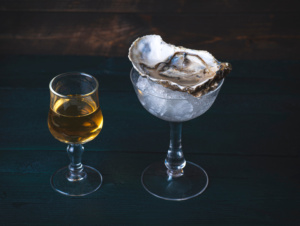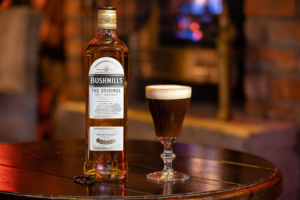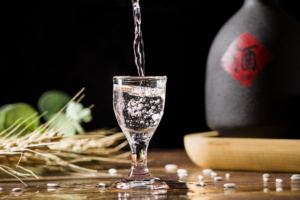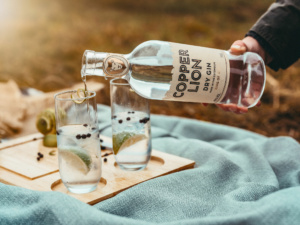What does Slàinte Mhath mean?

What does it mean?
The phrase translates to "good health".
How do you pronounce it?
Slàinte Mhath couldn't be further from ''say what you see.' Never pronounce it how you read it. The phrase is actually spoken like, slan-je-vah. Give it some oomph, and you'll fit right in.
How do you respond?
You can respond with a simple Slàinte (slan-je) in agreement, or if you want to be really polite, you would respond with, do dheagh shlàinte (do slan-je) - meaning "to your good health". Or on the West Coast, a more accurate reply would be 'slàinte agad-sa' (slan-je-aga-sa), literally translating at "health at yourself!" Very gentlemanly.
Where did the phrase originate?
Some modern romance languages have a common root for toasts. The Latin for safety, salus, is used as a root for the toasts, salute in Italian and salud in Spanish. However, some use the Latin word for 'health' instead, sanitas. For example, sănătate in Romanian and santé in French.
Is Slàinte Mhath Scottish or Irish?
The Irish Gaelic version of Slàinte Mhath is sláinte mhaith, also meaning 'good health' and pronounced slan-ja-vay. However, the many dialects of Ireland pronounce it slightly differently.
What are some other Scottish toasts?
Scotland is famous for its toasts, from the patriotic to the humorous. One, Robert Burns famously wrote many a lengthy toast, including his most famous - toast to the haggis. Here are some shorter ones:
- Slàinte mhòr (slan-ja-vore), meaning "great health", also has a double meaning as a Jacobite toast. It can also be translated as "health to Marion", Marion (Mòr) being a Jacobite code name for the exiled Bonnie Prince Charlie.
- "Here's tae us; Wha’s like Us?" - usually answered with - "Gey few, and they're aw deid". Meaning, Who's as good as us? Damn few, and they're all dead.
Slàinte Mhath to yourself. Find a Scottish dram to toast with, here.
 4.7/5 with 10,000+ reviews
4.7/5 with 10,000+ reviews







